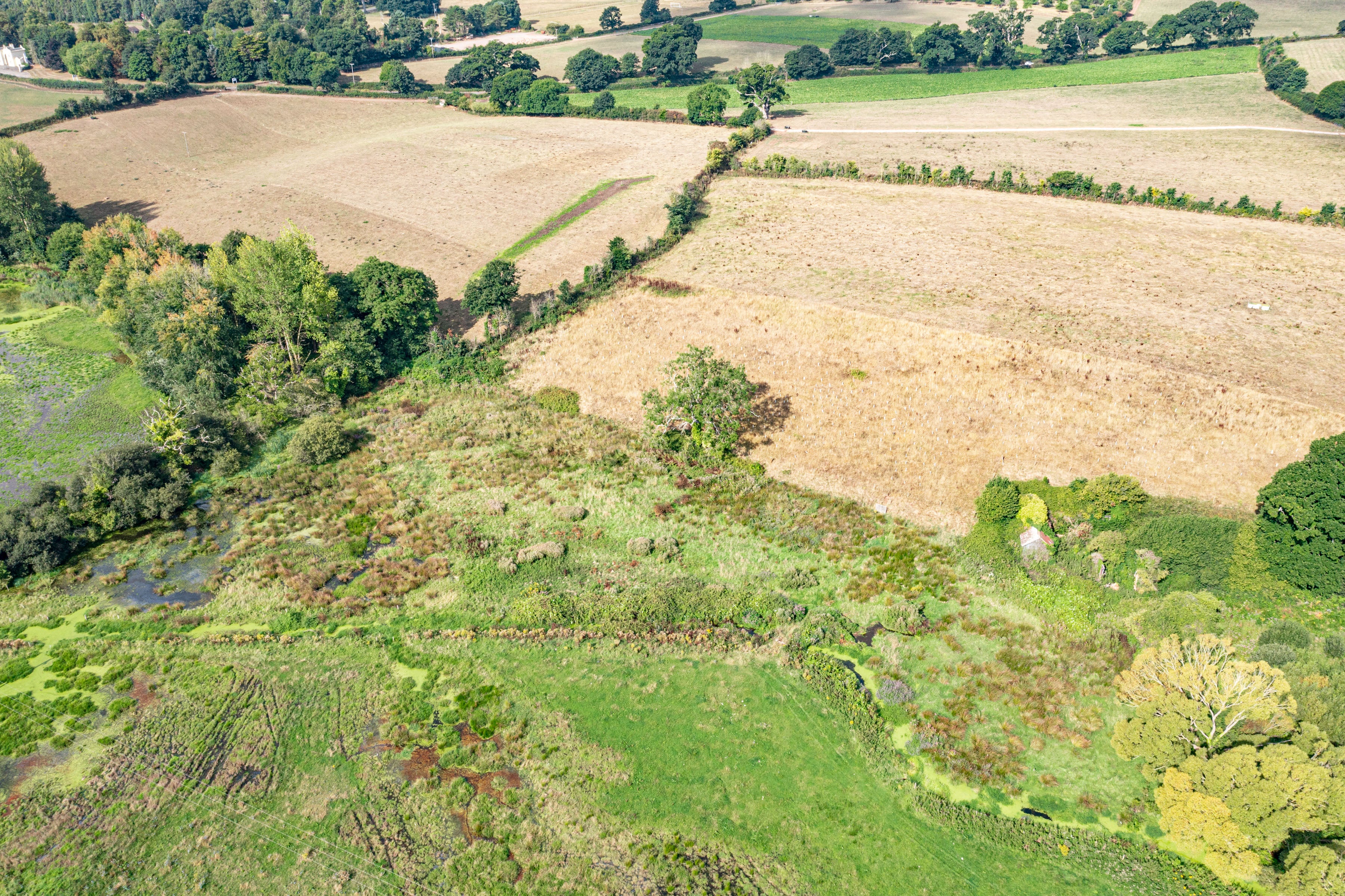Beavers released by National Trust to regenerate land ravaged by climate change
Family of four ‘ecosystem engineers’ expected to transform landscape by storing water
Your support helps us to tell the story
From reproductive rights to climate change to Big Tech, The Independent is on the ground when the story is developing. Whether it's investigating the financials of Elon Musk's pro-Trump PAC or producing our latest documentary, 'The A Word', which shines a light on the American women fighting for reproductive rights, we know how important it is to parse out the facts from the messaging.
At such a critical moment in US history, we need reporters on the ground. Your donation allows us to keep sending journalists to speak to both sides of the story.
The Independent is trusted by Americans across the entire political spectrum. And unlike many other quality news outlets, we choose not to lock Americans out of our reporting and analysis with paywalls. We believe quality journalism should be available to everyone, paid for by those who can afford it.
Your support makes all the difference.A family of four beavers has been released on a National Trust estate to increase wildlife populations and help the landscape deal with the climate crisis.
Once a mainstay of British rivers, beavers were hunted to extinction in the UK in the 16th century. However last October, in a dramatic turnaround of fortune, they were designated a native species of England and given legal protection, making it illegal to disturb, harm or kill them.
The semi-aquatic mammals are described as “ecosystem engineers”, because they slow down water flows, and their dams and wetlands help prevent flooding downstream.

In drought, they can keep areas from becoming parched, as illustrated by dramatic drone photographs last year. On the River Otter in Devon, the landscape where beavers lived remained a lush green, while tinder-dry fields all around turned a parched yellow.
The new family, two adults and two young, taken from Tayside in Scotland to Northumberland’s Wallington Estate, will become one of only a few beaver populations in northern England.
It is the National Trust’s third beaver release, following successful introductions on Exmoor in 2020 and the South Downs in 2021.
Relocated under licence from Tayside in Scotland, the four will live in a 24-hectare fenced enclosure on an upland tributary of the River Wansbeck, where they are expected to transform the land.

Paul Hewitt, countryside manager at the National Trust, said: “Much as they did centuries ago, these instinctive animals will engineer the landscape, creating a dynamic system of dams and ponds that, over time, will become a lush wetland, brimming with life.
“The BBC’s Wild Isles was a powerful reminder of the beauty – and critically, the scarcity – of British wildlife. If we are to make sure those amazing natural spectacles don’t become a thing of the past, we have to create space for wildlife to thrive.
“Beavers are a fantastic tool to help us do that; where they go, fish, insects, birds and amphibians follow.”

By creating pools, beavers mitigate the effect of climate change by slowing the speed of water coursing down during heavy rains, and holding water in one location during drought.
Roisin Campbell-Palmer, who led the release for the Beaver Trust, said the upland stream setting where they will live used to be heavily grazed.
The animals were likely to produce “a textbook example of landscape-scale beaver benefits” such as slowing and storing water, boosting biodiversity and promoting woodland regeneration, she said.
Public visits to see the beavers may be possible later but for now rangers are asking people to give the animals time to settle into their new home.
Additional reporting by PA




Join our commenting forum
Join thought-provoking conversations, follow other Independent readers and see their replies
Comments